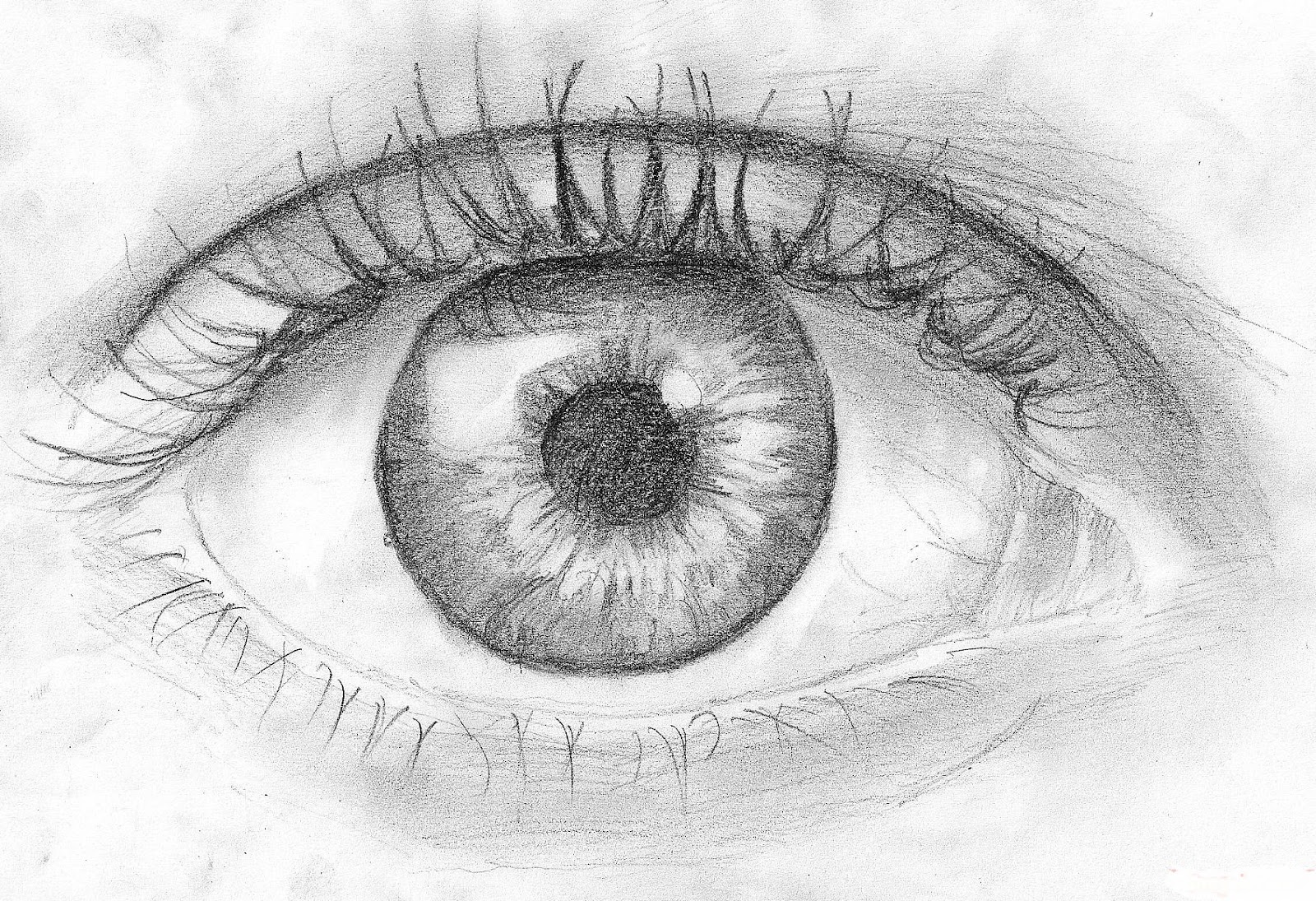Eye drawing easy is an art technique that captivates many aspiring artists, allowing them to express emotions and stories through their artwork. Drawing eyes may seem challenging at first, but with the right guidance and practice, anyone can master this essential skill. In this article, we will explore various methods, tips, and techniques to help you create stunning eye drawings effortlessly.
By the end of this article, you will not only have the tools to draw eyes easily but also the confidence to experiment with your style. So, grab your sketchbook and pencils, and let’s dive into the fascinating world of eye drawing!
Table of Contents
- Understanding Eye Anatomy
- Essential Tools and Materials
- Basic Eye Drawing Techniques
- Shading and Texturing
- Practicing Different Eye Styles
- Common Mistakes to Avoid
- Inspiration and Resources
- Conclusion
1. Understanding Eye Anatomy
Before diving into the techniques, it’s crucial to understand the basic anatomy of the eye. The human eye consists of several key components that contribute to its appearance:
- Cornea: The clear front layer of the eye that helps focus light.
- Iris: The colored part of the eye that controls pupil size.
- Pupil: The black circular opening in the center of the iris.
- Sclera: The white outer layer of the eye.
- eyelashes: The fine hairs that grow along the eyelid to protect the eye.
- Eyebrow: The hair above the eye that frames the expression.
Understanding these components will help you create more realistic eye drawings. Pay attention to how these parts interact with light and shadow, which is essential for creating depth in your artwork.
2. Essential Tools and Materials
To begin your journey in eye drawing, you’ll need the right tools and materials. Here’s a list of essentials:
- Pencils (HB, 2B, 4B, 6B)
- Eraser (kneaded and vinyl)
- Blending stump or tortillon
- Sketchbook or drawing paper
- Reference images of eyes
Having these tools on hand will allow you to experiment with various techniques and styles, making your drawing experience more enjoyable and productive.
3. Basic Eye Drawing Techniques
Now that you have your tools ready, let’s explore some basic techniques for drawing eyes:
3.1 Sketching the Outline
Start by lightly sketching the outline of the eye using an HB pencil. Focus on the shape of the eye, the placement of the iris, and the overall proportion. Remember, practice makes perfect!
3.2 Adding Details
Once you’re satisfied with the outline, begin adding details such as the iris texture, eyelashes, and reflections in the pupil. Use reference images to guide you in capturing realistic features.
3.3 Refining the Drawing
After adding details, take a step back and assess your drawing. Use a blending stump to smooth out any harsh lines and create a more polished look. Don’t hesitate to erase and adjust as needed.
4. Shading and Texturing
Shading is crucial for adding depth and realism to your eye drawings. Here are some tips on how to effectively shade your eyes:
4.1 Identifying Light Sources
Understanding where the light is coming from will help you determine where to add shadows and highlights. Observe how light interacts with the eye in real life or reference images.
4.2 Layering Techniques
Use a range of pencils (from hard to soft) to create layers of shading. Start with light pressure and gradually build up darker shades. This will give your drawing a more realistic texture.
5. Practicing Different Eye Styles
Experimenting with various eye styles can enhance your skills and creativity. Here are some styles to try:
- Realistic Eyes
- Cartoon Eyes
- Anime/Manga Eyes
- Stylized Eyes
By practicing different styles, you will develop your unique artistic voice while improving your eye drawing techniques.
6. Common Mistakes to Avoid
As you embark on your eye drawing journey, be mindful of these common mistakes:
- Neglecting proportions
- Overworking the drawing
- Ignoring light sources
- Not using reference images
Avoiding these pitfalls will help you create more compelling and accurate eye drawings.
7. Inspiration and Resources
Finding inspiration is key to developing your skills as an artist. Here are some resources to explore:
- Art books on portrait drawing
- Online tutorials on YouTube
- Social media platforms like Instagram and Pinterest for artist showcases
- Art communities and forums for feedback and support
Engaging with these resources can provide you with fresh ideas and motivate you to keep practicing.
8. Conclusion
In conclusion, mastering the art of eye drawing is an achievable goal for anyone with a passion for art. By understanding eye anatomy, practicing essential techniques, and avoiding common mistakes, you can create captivating eye drawings with ease. Remember to continually seek inspiration and refine your skills, as every artist’s journey is unique.
We encourage you to share your progress, ask questions, and connect with other artists in the comments section below. Happy drawing!
9. Final Thoughts
Thank you for joining us on this eye drawing journey! We hope this guide has inspired you to pick up your pencils and start creating. Don’t forget to visit our site for more articles and tutorials on art techniques. We look forward to seeing you again!




